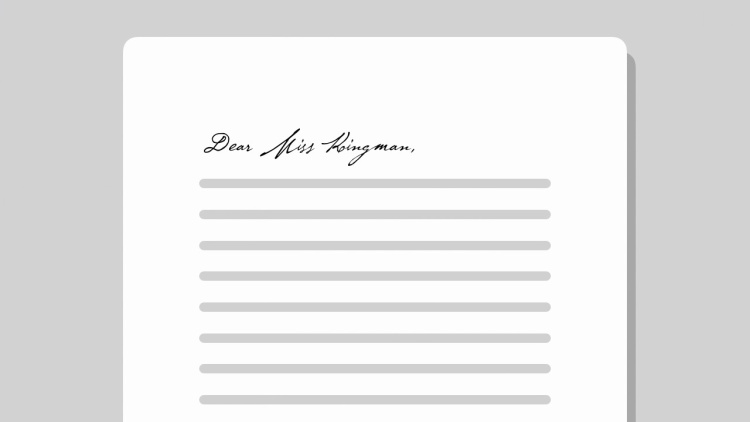Speelman v. Pascal
Court of Appeals of New York
10 N.Y.2d 313, 178 N.E.2d 723 (1961)

- Written by Christine Raino, JD
Facts
Gabriel Pascal Enterprises, Ltd. (GPE, Ltd.) entered into an agreement to purchase from the estate of George Bernard Shaw the exclusive world rights to produce musical stage and film versions of Shaw’s play “Pygmalion.” The agreement provided that the license would expire within an established period of time if GPE, Ltd. failed to hire Lerner and Loewe or similarly well-known musical composers to compose the musical scores and produce the play and film. Gabriel Pascal owned ninety-eight of GPE, Ltd.’s one hundred shares and unsuccessfully attempted during his lifetime to arrange for Lerner and Loewe to arrange and produce a musical stage and film version of Pygmalion. After Pascal died intestate in 1954, however, the temporary administrator of his estate succeeded in arranging for Lerner and Loewe to produce, My Fair Lady, a very successful musical adaption of Pygmalion before the license from the Shaw estate expired. Before Pascal’s death in 1954 – while he was still endeavoring to arrange for the Pygmalion adaption to be produced by Lerner and Loewe – Pascal wrote and delivered a letter to Marianne Speelman (plaintiff), who was also known as Zaya Kingman, confirming his gift to her of specific shares of the royalties he would receive from the musical adapations of Pygmalion. The case was ultimately appealed to the Court of Appeals of New York to determine whether delivery of the letter to Speelman constituted an enforceable gift by assignment to her of the right to receive a portion of Pascal’s possible future royalties.
Rule of Law
Issue
Holding and Reasoning (Desmond, C.J.)
What to do next…
Here's why 911,000 law students have relied on our case briefs:
- Written by law professors and practitioners, not other law students. 47,100 briefs, keyed to 997 casebooks. Top-notch customer support.
- The right amount of information, includes the facts, issues, rule of law, holding and reasoning, and any concurrences and dissents.
- Access in your classes, works on your mobile and tablet. Massive library of related video lessons and high quality multiple-choice questions.
- Easy to use, uniform format for every case brief. Written in plain English, not in legalese. Our briefs summarize and simplify; they don’t just repeat the court’s language.





